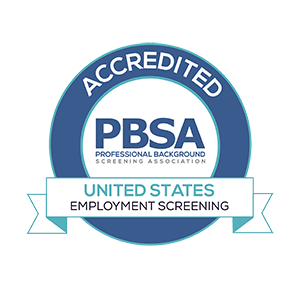The live-in caretaker of an 84-year-old Huntington Beach woman allegedly took out fraudulent loans in her name, bilking the older woman out of about $200,000 and putting the woman’s home in danger of foreclosure, authorities said Tuesday.
Cindi Dee Powell, 54, has been charged with financial elder abuse, grand theft, identity theft, vehicle theft, fraud, and forgery. She remains in custody. Los Angeles Times, March 11, 2009
Like so many seniors who need assistance at home, the older woman in the above story was not aware that the helper she hired was on probation in another elder abuse case.
Because of the aging population, one of the fastest growing industries in the U.S. is health care. And a large portion of the health care industry is home health care service providers for the elderly. That means there is a need for a universal plan for conducting employment investigations on home health care workers to protect seniors from abuse and criminal acts.
AARP Findings on Screening In-Home Health Care Workers
Though AARP’s September 2010 research report “Safe at Home? Developing Effective Criminal Background Checks and Other Screening Policies for Home Care Workers” focuses on Medicaid-assisted seniors, the information easily applies to all elderly individuals who receive home health care services. In the report, the researchers found that there was a rise in the number of states that require criminal background investigations of in-home health care workers.
The issue, however, is that there is no “uniform protocol” for screening workers, even though background investigations are “almost universally endorsed by state-level policymakers.” The largest hurdle is the lack of guidance on what works and what is cost effective.
Some of the findings in the research report include:
- Forty-six states and the District of Columbia mandate pre-employment criminal background checks for defined categories of Medicaid in-home workers
- Most of these states specify criminal offenses that preclude employment, though specifics vary by state
- Multiple options and data sources for screening (e.g., state and county records, national FBI checks) are not integrated, and some may have gaps and errors
Recommended Strategies Can Help Reduce Risks of Abuse
The researchers went on to further make suggestions on what steps should be taken in order to help reduce the risks of elder abuse at the hands of in-home health care workers. Some of the steps recommended include:
- Reference checks, interviews, signed statements about job history, and alcohol, drug, and background checks
- Integration of data sources on criminal and other relevant history
- Information sharing between various state agencies conducting background checks
- Electronic fingerprint capture to cut time and enhance accuracy
- Base disqualifying crimes and the length of disqualifications on solid evidence
One of the best ways of determining whether the in-home health care worker you want to hire is reliable and honest is to conduct a thorough background investigation.
That’s where TruDiligence can help. We are a leading background check company that offers reports that are fully compliant with federal and state guidelines. Let us help you protect the senior in your life.


Leave a Reply
Want to join the discussion?Feel free to contribute!